Choosing the right eCommerce platform for your online store is one of the most crucial decisions you’ll make for your business.
Magento, Shopify, and WooCommerce are the three most popular platforms offering unique strengths and weaknesses. In this article, I’ll break down the pros and cons, discuss ease of implementation and maintenance, and examine the integration with AI tools and marketing automation to help you make an informed choice.
E-commerce is now a stabilized business. However, many e-commerce platforms are introducing more excellent tools and features to boost sales. Some companies will choose SaaS solutions and some standalone solutions like Magento or Woocommerce.
Each choice has its obstacles and costs. I explained in another post
Below is the table with the most essential features, and after the table, you will find more details for each e-Commerce platform.
The comparison: Magento vs. Shopify vs. Woocommerce
| Feature | Magento | Shopify | Woocommerce |
|---|---|---|---|
| Ease of Use | Complex, requires developers | Easiest to set up and use | Easy for WordPress users but may require technical help |
| Customization | Highly customizable, but complex | Limited without custom coding | Highly customizable via plugins |
| Cost | Free open-source version, but hosting and development costs are high – starting from $10.000 plus hosting ca – $1200; and developers work – starting from $10.000 per month | Fixed monthly fees, plugins usage fees, transaction fees apply: setup – ca. $6.000; monthly maintenance – ca. $150-$1.000 | Free plugin, but hosting, maintenance, and plugins add to cost: the setup costs – ca. $2000-6000, the hosting – ca. $500, and developers’ cost. |
| Scalability | Best for large, enterprise-level and medium-sized businesses with custom solutions and products in the offer | Scales well for small to medium businesses | Scales well but may require performance optimization |
| SEO Features | Advanced SEO capabilities – many plugins and tools available | Basic SEO features, but can be enhanced with apps | Strong SEO capabilities via WordPress |
| Marketing Automation | Supports advanced AI and marketing tools, but complex to set up | Easy integration with marketing tools via app store | Flexible integration with marketing automation tools via plugins |
| AI Integration | Supports AI, but configuration can be complex | Built-in and third-party AI tools are easy to implement | AI tools available via plugins, but setup may require technical support |
Magento
owned by Adobe, is a robust, open-source eCommerce platform designed for flexibility and scalability. It’s well-suited for large businesses or enterprises with specific needs.
Ease of Implementation and Maintenance
Magento is powerful but complex. Implementing and maintaining it requires technical expertise, particularly if you need extensive customization. Hosting, especially AWS, the security, and regular updates must be managed manually, which may not be suitable for small teams or businesses with limited tech skills.
Integration with AI Tools and Marketing Automation
Magento integrates with various AI and marketing automation tools, such as Adobe Sensei, HubSpot, and others. AI can be used for personalized recommendations, automated inventory management, and advanced analytics. Magento’s marketplace offers many automation extensions, but configuring these can require developer support.
Pros:
– Highly Customizable: Magento offers nearly limitless customization options, ideal for businesses with specific functionality and a technical team.
– Scalability: It handles large catalogs and high traffic efficiently, making it perfect for enterprise-level businesses.
Powerful Features: It includes built-in tools like multi-store management, product management, and support for multiple languages and currencies.
– Advanced SEO Capabilities: Magento is built with SEO in mind, offering excellent control over URLs, meta tags, and site maps.
Cons:
– Complex to Set Up: Magento has a steep learning curve, especially for businesses without a dedicated development team. You’ll likely need a developer for initial setup and maintenance.
– High Maintenance Costs: While the open-source version is free, hosting, security, and development costs can quickly add up. The enterprise version can be quite expensive.
– Resource-Intensive: It requires more server resources than platforms like Shopify or WooCommerce, leading to higher hosting costs.
Shopify
is a fully hosted, all-in-one eCommerce platform designed for ease of use. It is popular among small—and medium-sized businesses because of its simplicity and quick setup.

Ease of Implementation and Maintenance of Shopify or Shopify Plus
Shopify is by far the most accessible implementation platform. You can set up your store within hours, and Shopify handles hosting, security, and maintenance. For business owners without technical experience, this is the least stressful option. The main disadvantage is that there is no considerable space for customization. You have to follow the Shopify platform restrictions.
Shopify Integration with AI Tools and Marketing Automation
Shopify has native AI-powered tools like Shopify Inbox (for customer support) and Shopify’s native product recommendations. Additionally, it integrates with third-party AI tools such as Kit (marketing automation) and various CRM platforms. Its app store offers a wide range of marketing automation tools like Klaviyo and Mailchimp, making it easy to automate customer journeys and email marketing without heavy technical know-how.
Pros:
– User-Friendly: Shopify offers an intuitive interface that allows even non-technical users to set up an online store quickly.
– All-in-One Solution: Hosting, security, and maintenance are handled by Shopify, reducing technical overhead.
– Wide Range of Themes and Plugins: Shopify has an extensive library of themes and plugins that allow you to customize your store’s appearance and functionality.
– Fast and Secure: Since Shopify is hosted, performance is generally fast, and security, including SSL certificates and PCI compliance, is managed by Shopify.
– 24/7 Customer Support: Shopify provides round-the-clock customer service, which can be a huge advantage for businesses without in-house technical teams.
Cons:
– Limited Customization: While Shopify offers many themes and apps, it’s not as flexible as Magento or WooCommerce for deep customization. Advanced customization often requires liquid coding or hiring a developer.
– Transaction Fees: Shopify charges transaction fees unless you use Shopify Payments, which can increase your overall costs.
– Monthly Costs: Shopify has fixed monthly pricing plans, which can become expensive if you need advanced features or higher-tier plans for scalability.
WooCommerce
is an open-source eCommerce plugin for WordPress that offers great flexibility. It’s popular among small businesses and businesses that already use WordPress for their sites.
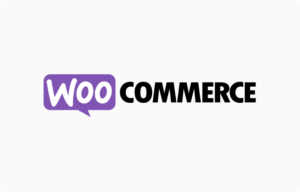
Ease of Implementation and Maintenance of Woocommerce
Setting up WooCommerce is relatively easy for those familiar with WordPress. However, if you need advanced functionality, you may require a developer. You’ll need to manage hosting, security, and updates, which can be daunting for businesses without technical expertise.
Woocommerce Integration with AI Tools and Marketing Automation
WooCommerce has extensive integration capabilities with AI and marketing automation tools. It easily connects with AI-driven product recommendation tools, chatbots, and predictive analytics platforms. Numerous marketing automation plugins (e.g., SaveMailchimp, HubSpot, and Omnisend) are available, but integrating these tools often requires some technical skills.
Pros:
– Free and Open-Source: WooCommerce is free, although you’ll need to pay for hosting, domain, and additional plugins.
– Highly Customizable: Like Magento, WooCommerce is extremely customizable and allows you to add any functionality your business needs through plugins.
– Strong Community Support: With millions of users worldwide, WooCommerce has a large support community and numerous plugins and themes.
– Integration with WordPress: WooCommerce seamlessly integrates with WordPress, making it ideal for businesses already familiar with the platform.
Cons:
– Technical Knowledge Required: While not as complex as Magento, WooCommerce requires some technical skills for initial setup, customization, and maintenance.
– Hosting and Maintenance: You’re responsible for finding hosting, maintaining security, and updating WordPress and WooCommerce, which can add complexity.
– Performance Issues: WooCommerce can slow down without proper optimization, especially if you use too many plugins or deal with large traffic spikes.
Which Platform Is Right for Your Business?
Choose Magento if you run a large or medium-sized complex business with specific needs that require extensive customization and have a development team to manage the platform.
Choose Shopify if you want a simple, hassle-free experience where hosting, security, and maintenance are all managed for you. It’s ideal for small to medium-sized businesses, prioritizing ease of use and quick setup.
Choose WooCommerce if you are familiar with WordPress and want a highly customizable, cost-effective solution. It’s a good choice for small to medium businesses with moderate technical skills.
Each platform offers a unique blend of features, flexibility, and ease of use. Your choice should depend on your business’s size, technical resources, and specific needs for customization and scalability.



 Digideo
Digideo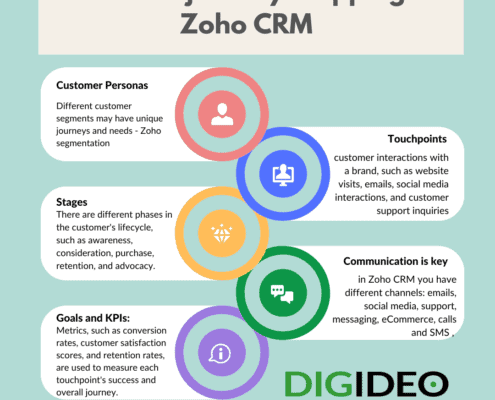 Digideo
Digideo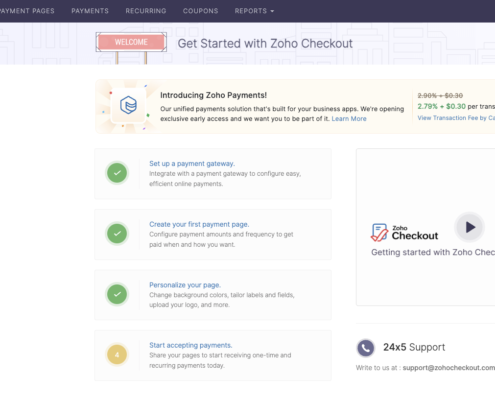
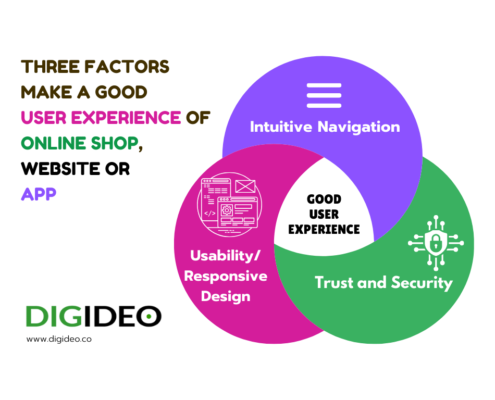 Digideo
Digideo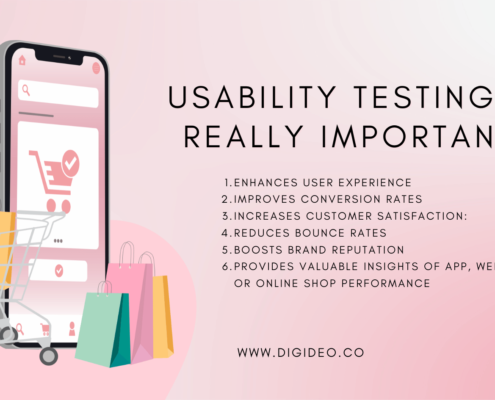 Digideo
Digideo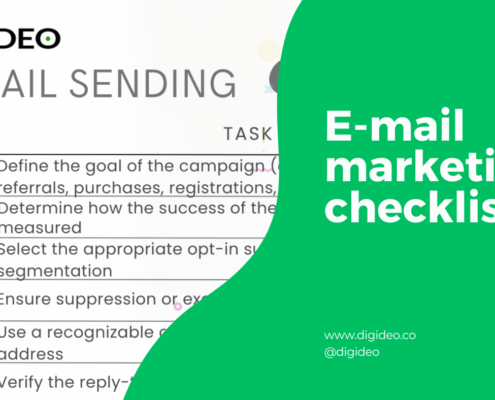 Digideo
Digideo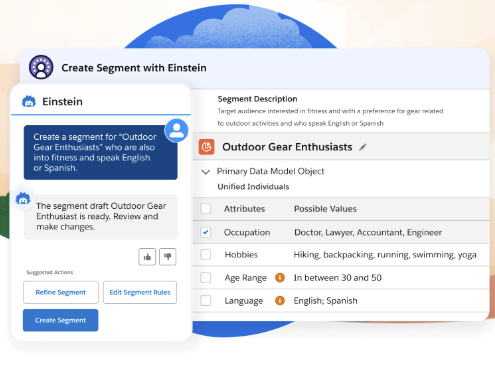
 Digideo
Digideo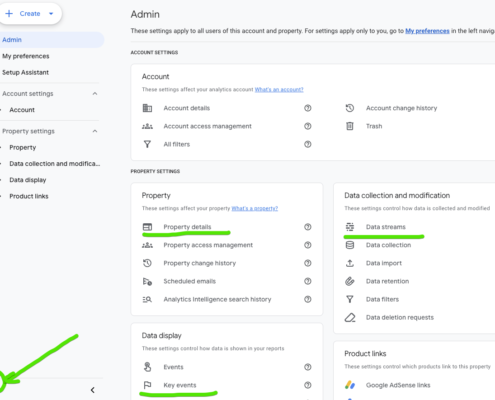
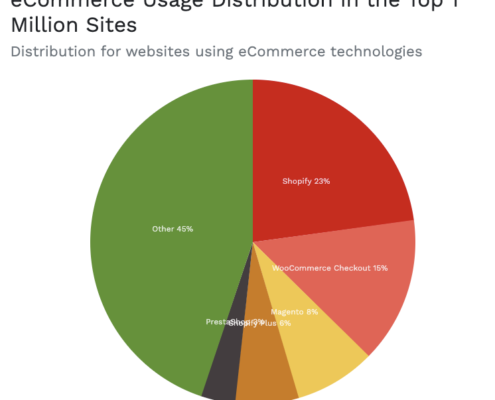


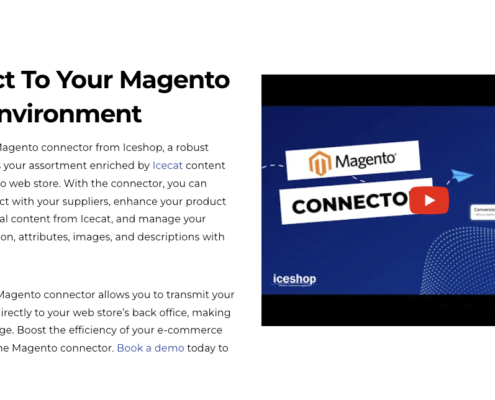



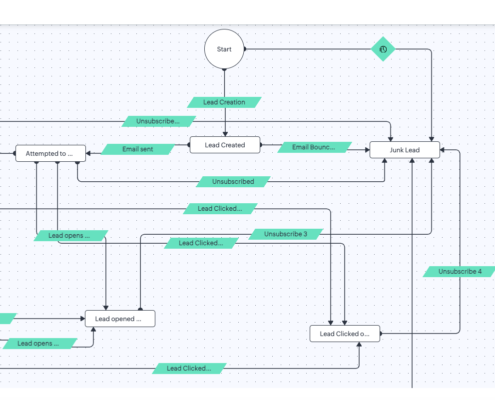
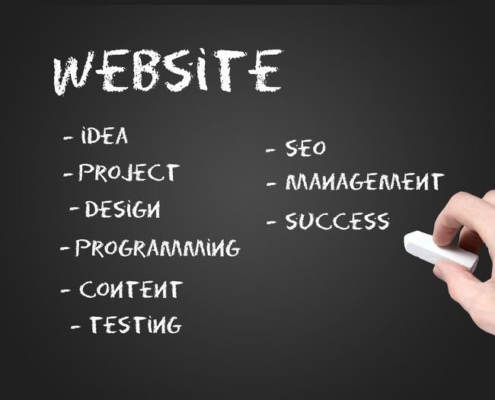
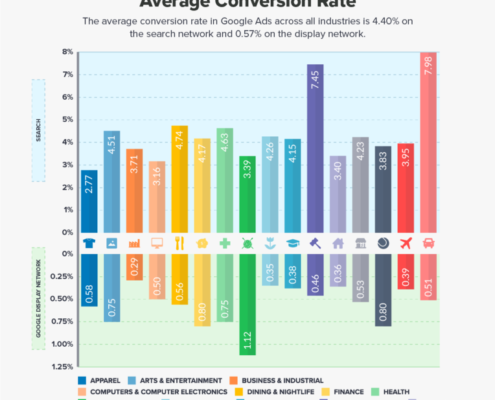

 Digideo
Digideo
 Digideo
Digideo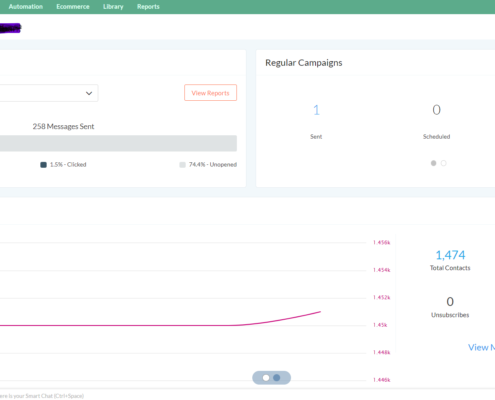 Digideo
Digideo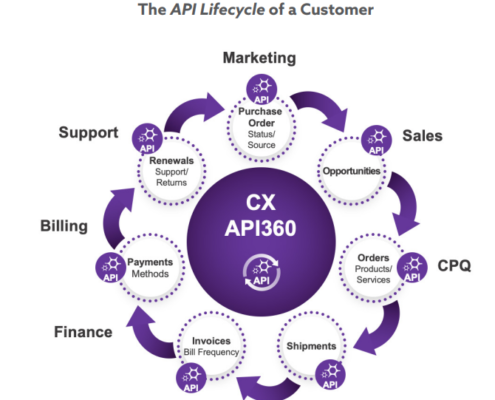


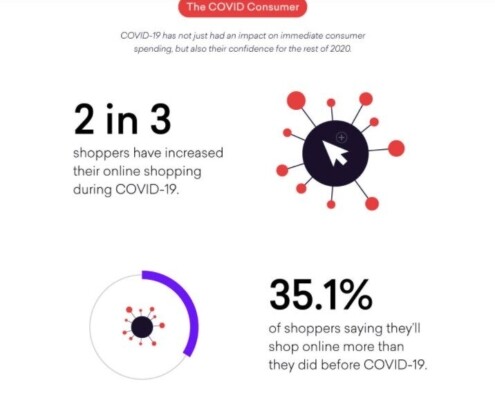
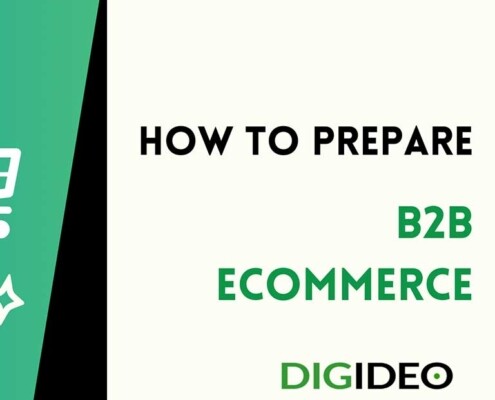 Digideo
Digideo
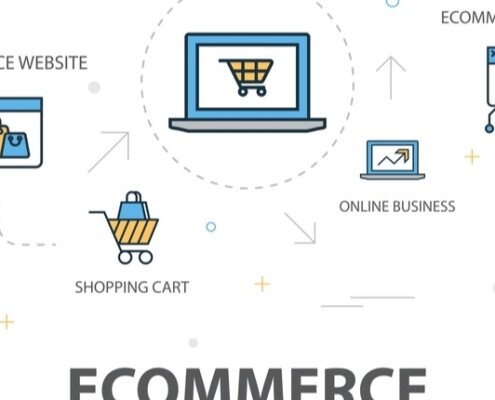 Digideo
Digideo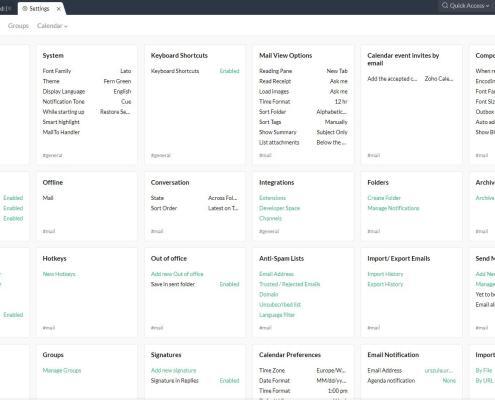

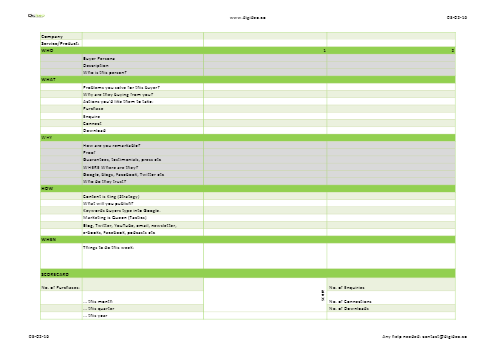
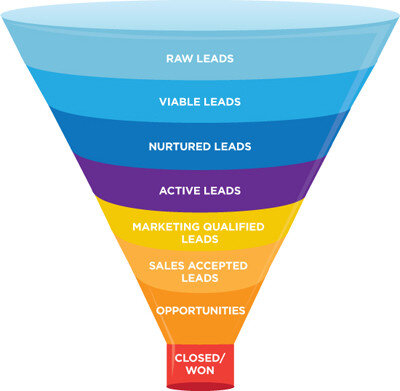

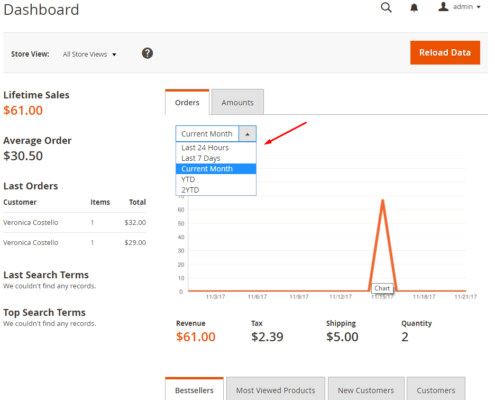
 Digideo
Digideo
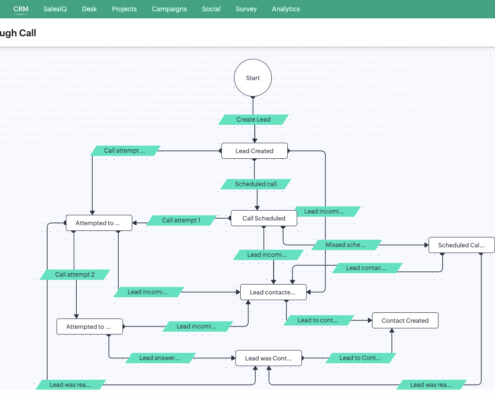
 Digideo
Digideo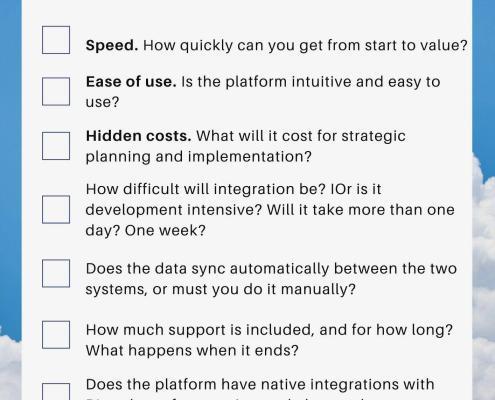

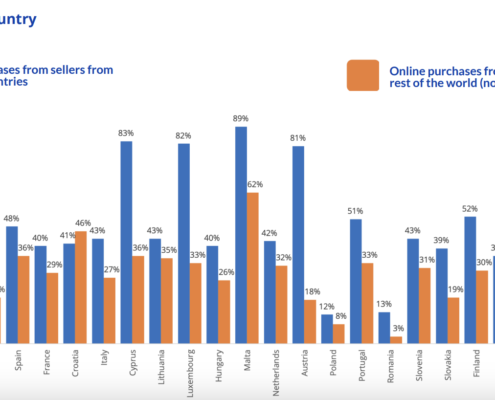



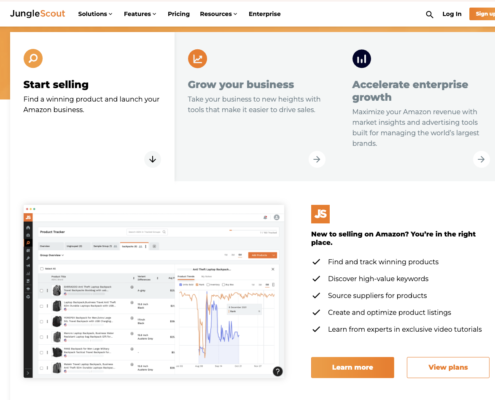
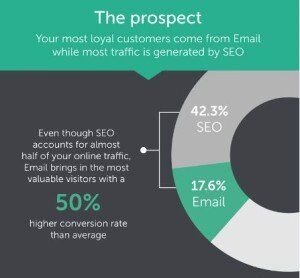

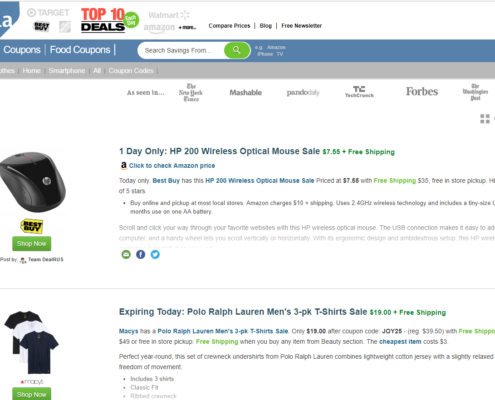

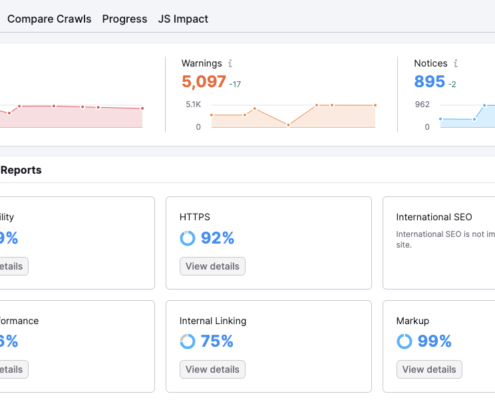
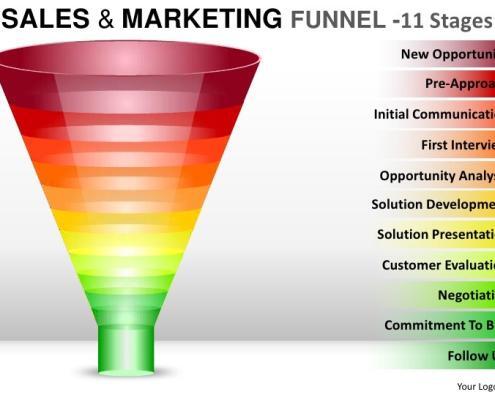
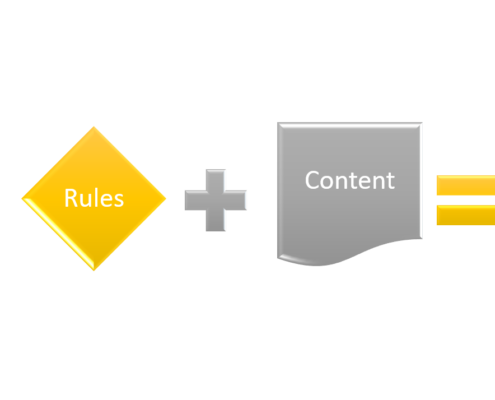

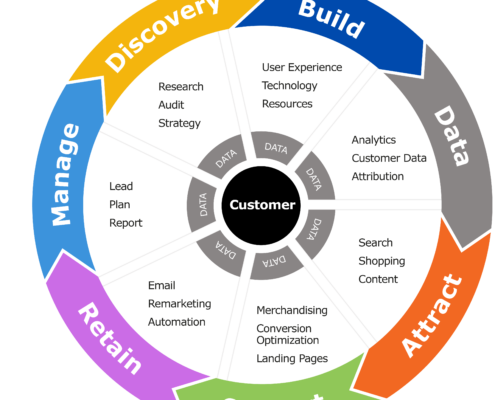

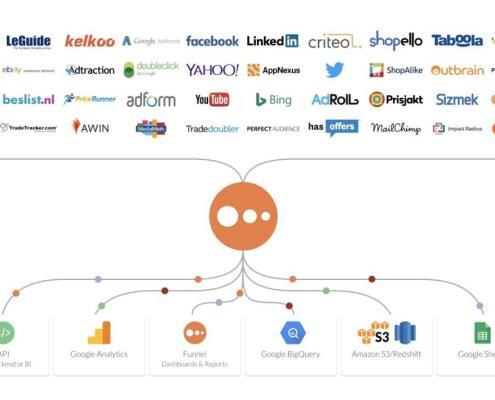
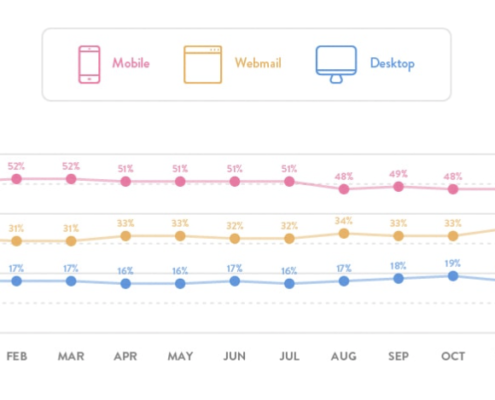


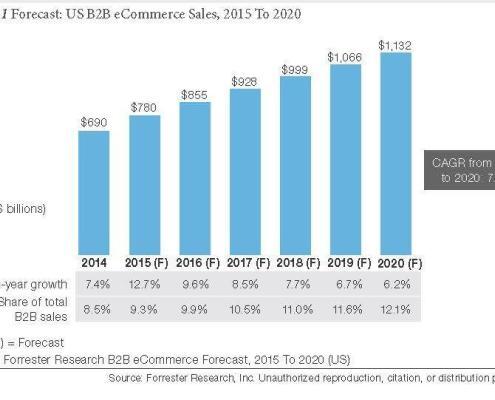
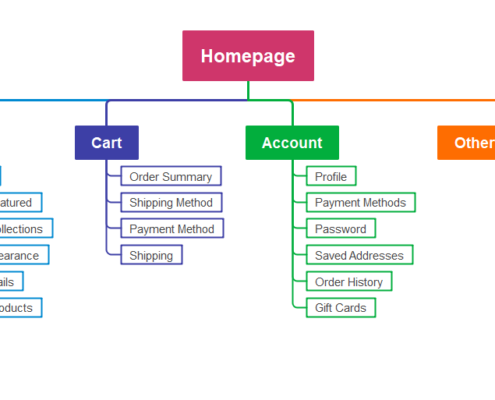
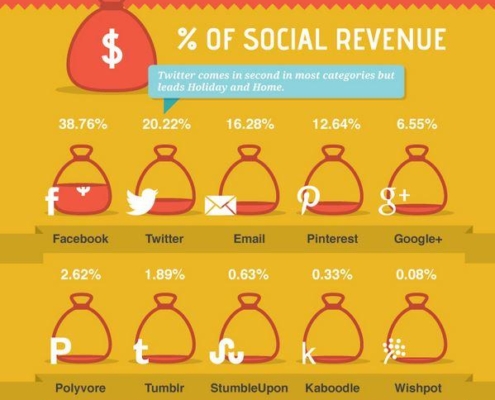


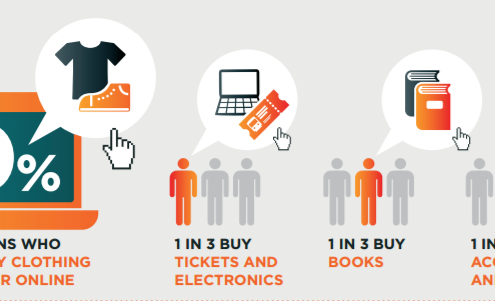 Digideo
Digideo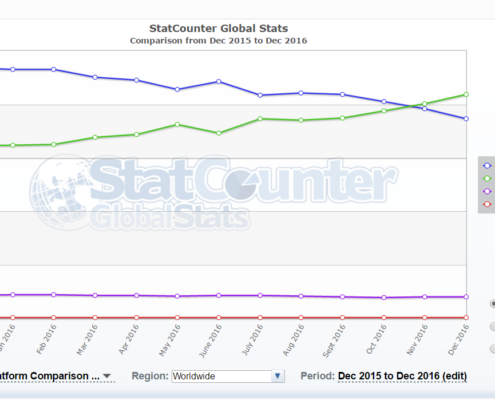




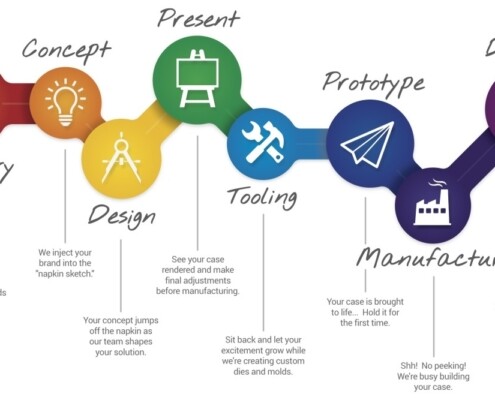

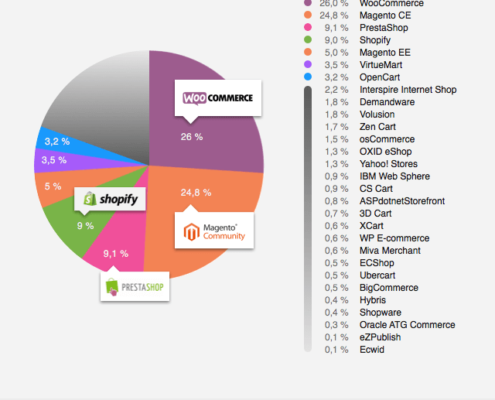

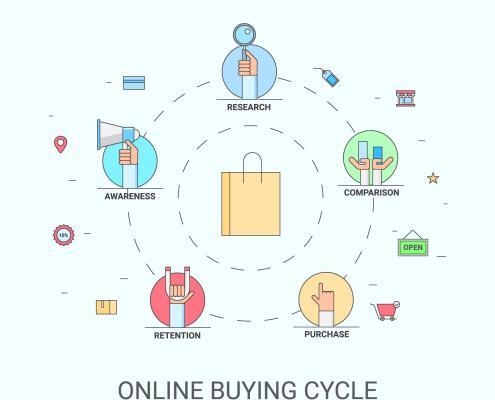

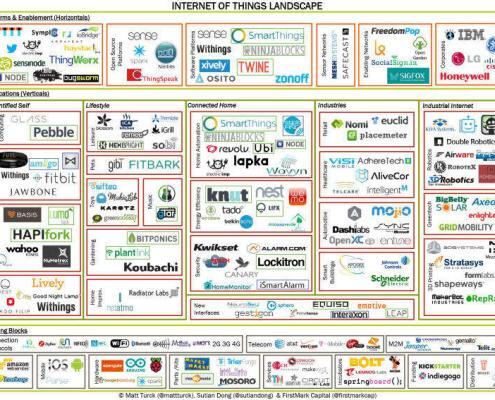
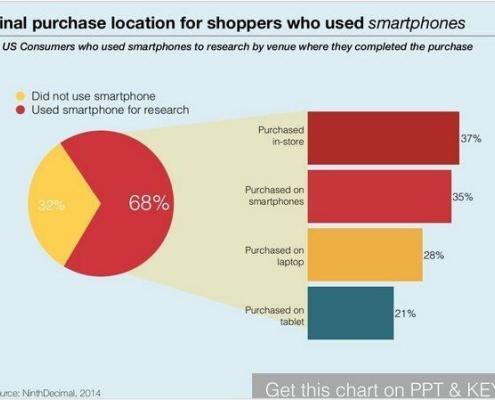
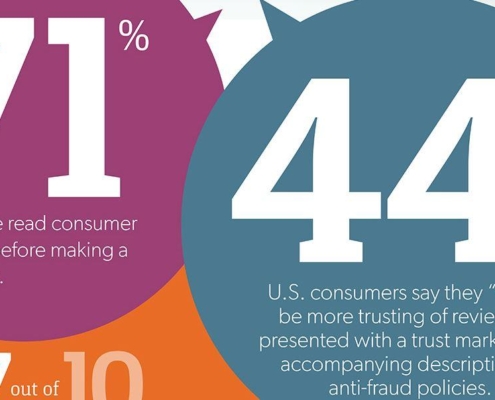
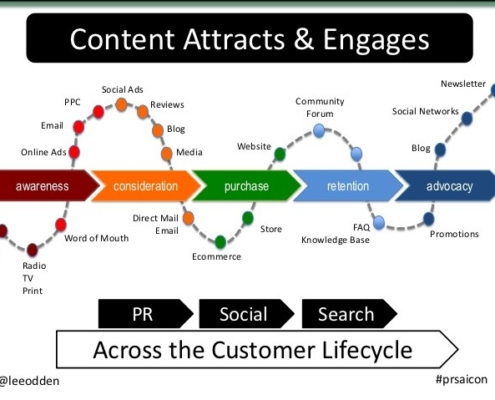



Leave a Reply
Want to join the discussion?Feel free to contribute!